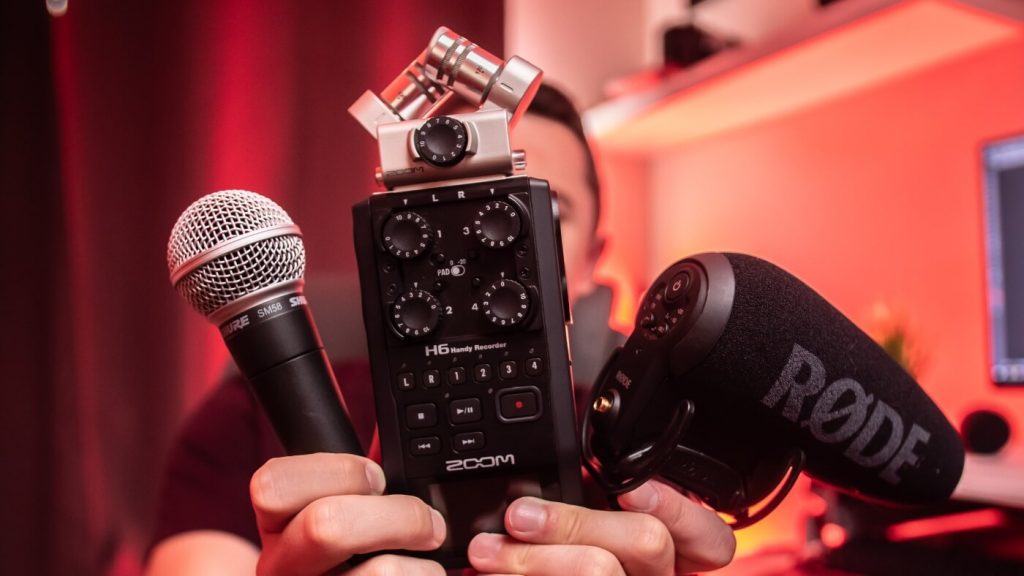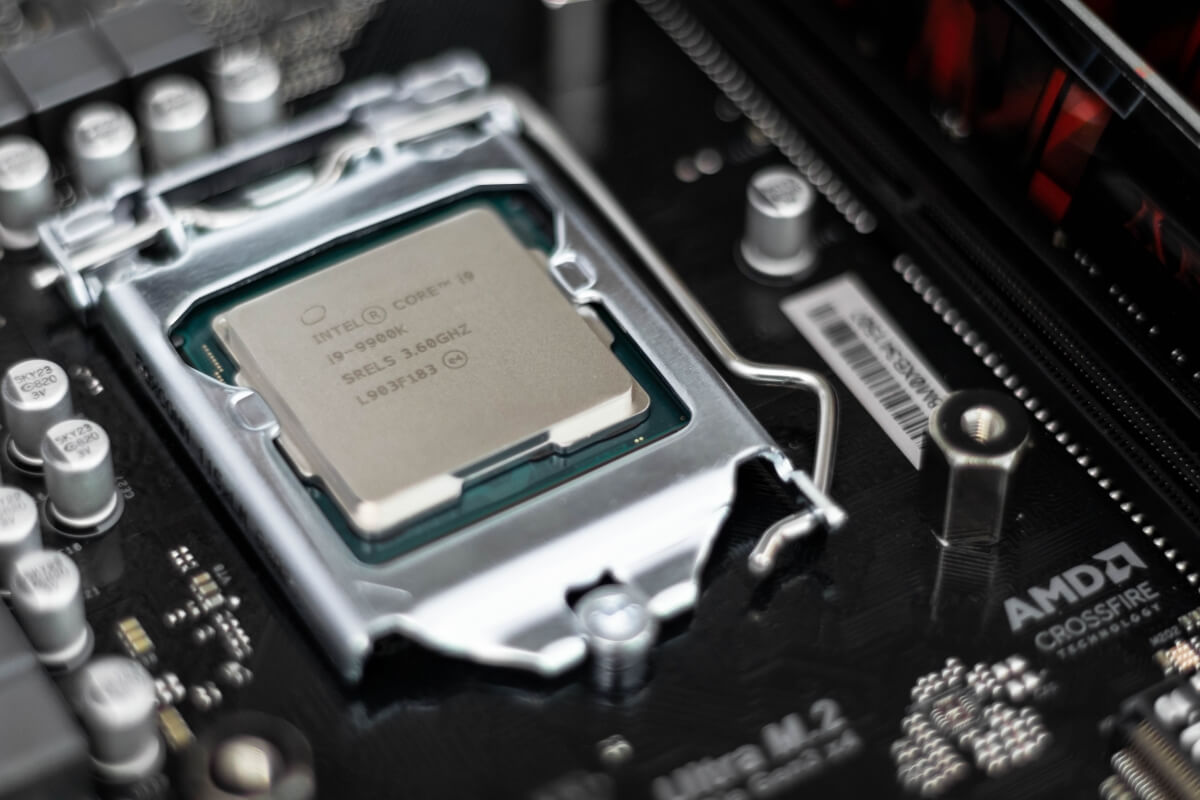Have you tried to sell electronics online in the EU? The WEEE directive makes it difficult for e-commerce sellers and startups to sell electronic products internationally. In this article, we explain the EU WEEE directive of 2012 (latest revision 2018) and its implication on your online business.
What is the WEEE directive of the European Union?
The so-called WEEE directive regulates the handling, disposal and recycling of electronic waste in the EU. It is also known under its full name “DIRECTIVE 2012/19/EU on Waste of Electrical and Electronic Equipment (WEEE)”. The rather funny acronym WEEE is typically pronounced as “W-E-E-E”, “Wiii”, or simply “W3E” (“W-three-E”).
As other directives, it requires EU member states to enact national laws based on EU-wide requirements. Hence, the WEEE directive is basically the equivalent of the EU packaging waste directive for the recycling of electronics. All EU countries (and the UK) have established their own recycling schemes for electronic waste and batteries. The underlying principle of them all is the “Extended Producer Responsibility” (EPR).
EPR: Extended Producer Responsibility
The principle of EPR demands that the producer of a product takes responsibility for its whole life-cycle, including the disposal and recycling. Responsibility of the producer does not end at the sale, but is “extended” even for the product’s after-life. In the sense of the WEEE directive, the term producer does also include importers or resellers. In other words: When placing electronics or batteries on the market, one must ensure the proper disposal and recycling in accordance with WEEE laws.
Implications of the WEEE directive on e-commerce
Although the measures of WEEE-recycling are based on the common EU directive, there are major differences by country. Most member states require producers, importers and sellers of electronics to register their products and pay recycling fees. However, the practical implementation, responsible authorities, recycling schemes, and payable fees differ by each country.
Due to 27 different regulations in the EU alone (and more in other non-EU-countries), the administrative burden for international e-commerce is huge. Other than packaging regulations in many countries, WEEE regulations do typically not have any minimum thresholds or exceptions for SMEs. Therefore, WEEE registration and recycling fees are required in every country (separately – even within the EU) when shipping internationally. This also goes for startups and small stores which have just started selling electronics in Europe. (The laws even apply before the first sale is made.)
More importantly, when selling cross-border, online stores need to authorize a representative in each country where they have no established legal entity. The authorized representative takes over full responsibility for all electronic waste abroad in the name of the actual seller. Even when shipping cross-border within the EU, this requires an online store to register in 27 countries and find a WEEE-representative in 26 countries.
In order to keep the bureaucratic burden for e-commerce businesses at a minimum, we offer detailed step-by-step manuals in our digital consulting service. Find out what you need to do and get the necessary contacts of recycling schemes and representatives in each country:
Does my product count as “EEE”?
Although it is usually clear if a product is electronic (e.g. a hair-dryer, toaster, or DVD-player), there used to be some borderline cases. This problem was addressed in 2018 with the “open-scope”. Basically all electronic products are now in scope of the WEEE directive. This includes RFID or NFC chips, or even shoes with battery-powered LEDs. As a result, even retailers who do not primarily sell electronics are often affected by the legislation.

Purpose of the WEEE directive
There is plenty to criticize about the way WEEE legislation is implemented in the EU. However, the underlying purpose is to save the environment and should be supported. Toxic substances can be released into the environment if electronics or batteries are disposed of incorrectly. The right handling of electronic waste can also save enormous amounts of resources and precious metal. By enforcing laws for WEEE recycling, the EU aims to:
- reduce WEEE
- recycle precious metals & resources
- secure the safe and environmentally-friendly disposal of harmful substances
Nevertheless, the high bureaucratic burden and expensive minimum fees in each country put especially startups, SMEs and e-commerce businesses at a disadvantage. This must be addressed with future revisions of the legislation and innovative services.
Implementation of the WEEE directive in Germany
The directive is implemented in Germany via the Elektrogesetz (ElektroG) and Batteriegesetz (BatterieG). Any business that imports, produces or sells electronics or batteries for German customers is affected. This includes foreign businesses that sell (cross-border) directly to German consumers, e.g. via e-commerce channels.
Obligations include among others the registration with the responsible agency Stiftung EAR, display of the WEEE-register-number on ones website, and paying a recycling-fee. Foreign businesses without a local entity in Germany will also need to appoint an authorized WEEE representative. You will receive detailed guides to fulfill your obligations, including recommended representatives, as part of our consulting service for Germany. You can use our digital packaging law & WEEE consulting service for Germany for free:
How to get compliant with the WEEE directive using ecosistant?
Our consulting service supports your compliance management with detailed guides tailored for your business. Learn how to fulfill your legal recycling obligations in each country and avoid unnecessary expenses. Our service includes all information on packaging recycling laws as well as electronics & batteries (available Q2 2021). You can also request an individual offer for our premium WEEE full-service and outsource the compliance management to our experts.
✔ Compliance-Analysis: Is your business obligated for recycling under packaging or WEEE legislation in your target markets?
✔ Compliance-Guides: If yes, how can you get compliant?
- Step-by-step guides
- Contact details of agencies, representatives and recommended recycling schemes for each country
- Estimate of costs: What cost can you expect in each country (recycling fees, registration fees, …)
- Additional information, e.g. requirements for recycling symbol
✔ Compliance-Monitoring: Stay up-to-date on changing requirements with an active ecosistant subscription
✔ Compliance-Management: Manage your Europe-wide compliance – ecosistant will assist you with all information you need. Or outsource all tasks to our experts with our premium service (WEEE full-service).
Our service covers all of your environmental compliance tasks in accordance with the EU packaging waste directive and WEEE directive. You can also find more information on e-commerce recycling obligations in Europe on our blog:

